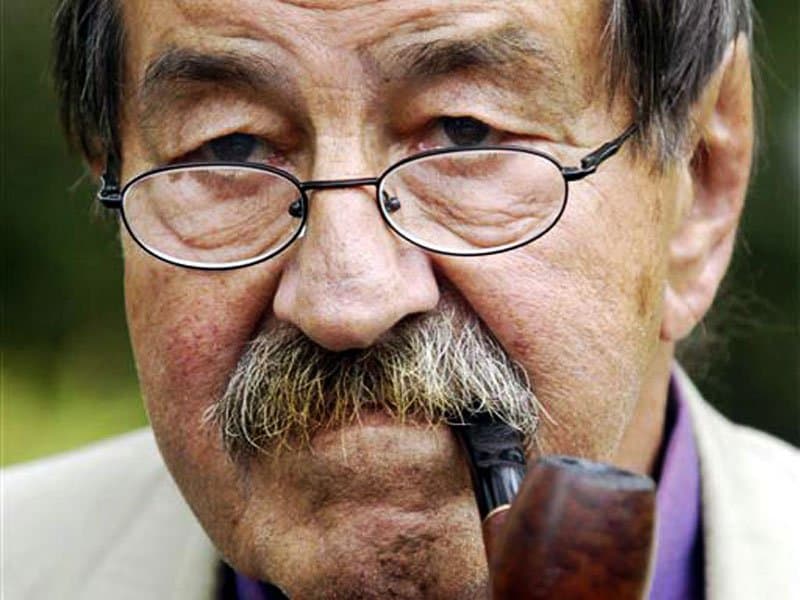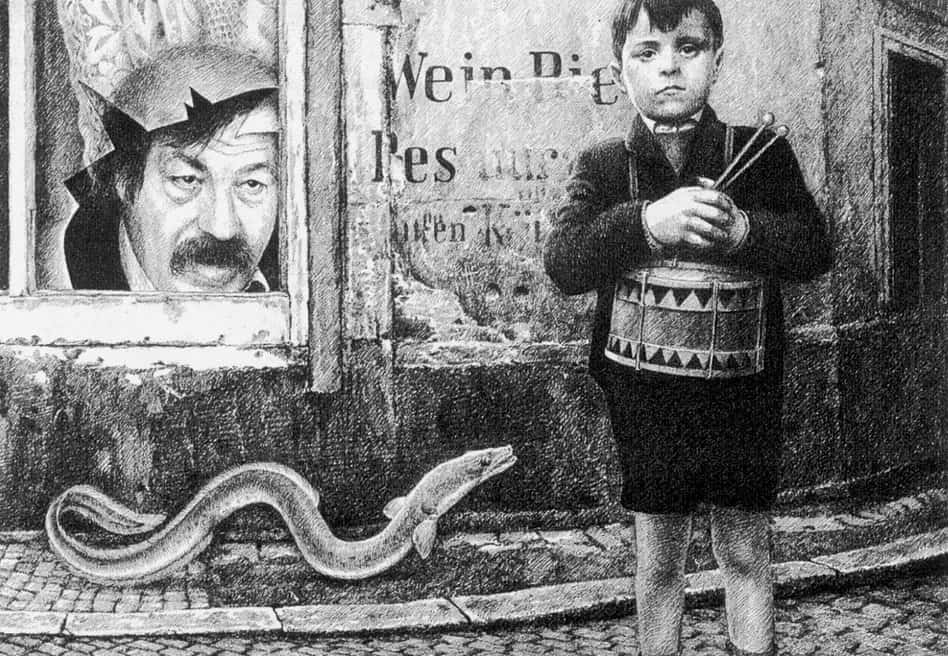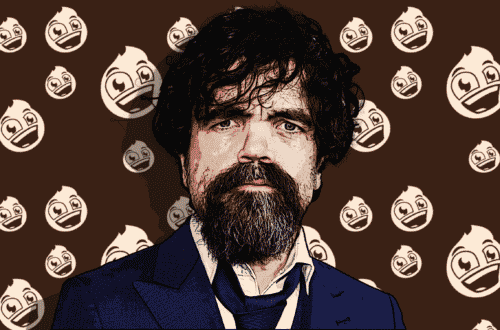
Gunter Grass: A Man And His Shameful Past
The German Novelist, Gunter Grass, passed away Monday, April 13th, 2015. He was a man that was rarely ever photographed without his pipe, he almost appears to look like a walrus with his droopy mustache, but this is his public persona. While everyone knew him as such, there was something more to him, that no one except his wife knew. The man had buried his past for over 60 years because, once he had realized the bigger picture, he found shame in his position.
He was propelled to the forefront of postwar literature in 1959, with the publication of his wildly inventive masterpiece “The Tin Drum“. Critics hailed his literary imagination. A severed horse’s head swarming with hungry eels, a criminal hiding beneath a peasant woman’s layered skirts and a child who shatters windows with his high-pitched voice are among the memorable images.

Gunter Grass won the Nobel Peace Prize in 1999 for Literature, the Swedish Academy applauded him for embracing “the enormous task of reviewing contemporary history by recalling the disavowed and the forgotten: the victims, losers and lies that people wanted to forget because they had once believed in them.” Grass was a German that had a conscience about Germany’s wartime past, and, while he was far left of the politics, he always denounced the wrong doings of the country.
When he was 17 he was drafted by the Nazi army, once he arrived at his post he realized he was there to join the Waffen-SS. This is the fact that weighed on him heavily for years after the war. He claimed to never fire his weapon but the SS are well known for their atrocities. In 2006, he revealed this to the world in an interview before his new autobiography, Peeling The Onion, was released. It stunned the world of government and literature critics alike, most stating that everything he said in the past about Germany was ludicrous.
For years he carried the shame of his position in the war and it wasn’t until the Nuremberg Trials did he understand Hitler’s propaganda. When you are so young and you grow up knowing only one way, it’s as though you are brain-washed and then you mature and understand so much more in the world. Those that understood this praised him for being forthcoming about his past.
Gunter Grass’ final literary experiment of poems with prose will be published this summer. He was working on it up until the day he passed away.



